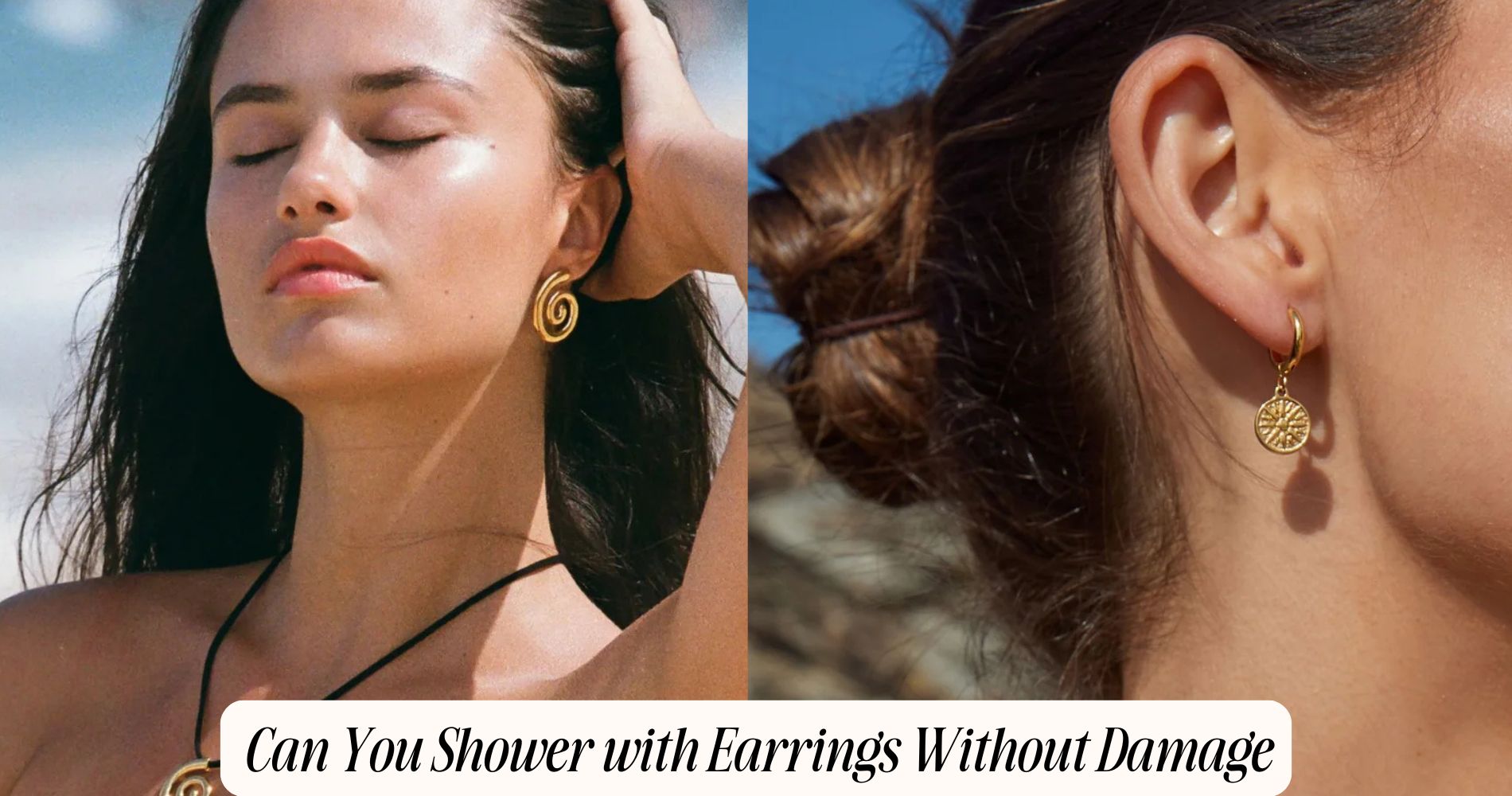
Can You Shower With Earrings Without Damage
Can you shower with earrings? It’s a common question for jewelry lovers who want to keep their accessories on all day. Exposing earrings to shower water can lead to tarnishing, corrosion, and weakened structural integrity. While metals like gold and platinum offer better resistance, materials such as copper or brass may degrade more quickly. Hard water causes dullness through mineral deposits, and chlorinated or saltwater can accelerate wear. To keep your earrings beautiful for longer, it’s best to remove them before showering. If you love bold designs, explore our Summer Statement Earrings collection for durable pieces perfect for sunny days.
Understanding the Impact of Water on Earrings
When you shower with earrings on, water exposure can considerably affect their longevity and appearance. This interaction between water and your earrings can lead to accelerated deterioration, especially if the materials are susceptible to moisture.
Prolonged contact can cause metals to tarnish, reducing their luster and compromising your earring's longevity. Additionally, water can infiltrate crevices, fostering corrosion over time.
The integrity of gemstones might also be jeopardized, as moisture can weaken settings, increasing the risk of loss. It’s important to understand that even brief exposure during your daily routine accumulates, gradually impacting the structural soundness and aesthetic appeal of your jewelry.
To preserve your earrings, consider removing them before showering, ensuring their longevity and maintaining their original brilliance.
How Water Type Affects Your Jewelry
Although often overlooked, the type of water you expose your jewelry to can greatly affect its condition.
Hard water, characterized by high mineral content, can gradually deposit calcium and magnesium on your earrings, leading to dullness and reducing their visual appeal.
In contrast, soft water, which lacks these minerals, poses less risk to your jewelry's surface.
Chlorinated water, typically found in pools, can corrode metal components, accelerating wear and diminishing jewelry longevity.
Similarly, saltwater, with its high saline concentration, can lead to pitting and tarnishing of metal surfaces.
To maintain your jewelry's brilliance, it’s essential to understand the water quality you're dealing with.
Regular cleaning and careful choice of exposure can greatly enhance the lifespan of your treasured pieces.
The Role of Earring Materials in Water Resistance
Understanding the impact of water type on your jewelry is only part of the equation; the materials used in your earrings also greatly influence their resistance to water exposure.
Earring durability depends notably on material resistance to moisture infiltration. Precious metals like gold and platinum generally offer superior resistance, reducing the risk of tarnishing or corrosion.
However, if your earrings are made of less resilient materials like copper or brass, they're more susceptible to water-induced degradation.
Additionally, porous materials such as wood or certain plastics can absorb water, compromising their structural integrity over time.
It’s essential to assess the material composition of your earrings to determine their suitability for water exposure, ensuring longevity and maintaining their aesthetic appeal without compromising their durability.
Comparing Metal and Non-Metal Earrings in Wet Conditions
While selecting earrings for wet conditions, it's crucial to differentiate between metal and non-metal options due to their distinct reactions to moisture.
Metal earrings, particularly those made from materials like iron or copper, are susceptible to metal corrosion when exposed to water. Corrosion can compromise the structural integrity and aesthetic appeal of your earrings over time. Gold and stainless steel, however, offer better resistance but aren’t entirely immune.
In contrast, non-metal earrings, such as those made from plastic or silicone, exhibit high non-metal durability in wet conditions. They resist water-related degradation, maintaining their appearance and longevity.
When deciding on earrings for environments involving moisture, carefully consider these material properties to guarantee your accessories withstand showers without sustaining damage.
How to Properly Clean Earrings After Showering
Selecting earrings based on material properties is only one part of maintaining their longevity and appearance in wet conditions. After showering, it's essential to employ effective cleaning methods to remove residue and prevent tarnish.
Start by gently wiping each earring with a microfiber cloth to eliminate excess moisture. Use a mild soap solution for a deeper clean, making sure it suits the material's sensitivity. Rinse thoroughly with lukewarm water to avoid any soap residue.
Once cleaned, employ appropriate drying techniques. Air drying on a clean, soft surface is recommended, but avoid direct sunlight to prevent discoloration.
Alternatively, use a hairdryer on a cool setting for metals prone to tarnish. This approach guarantees your earrings remain pristine and ready for their next wear.
Tips for Preserving the Shine and Quality of Earrings
To preserve the shine and quality of your earrings, it's imperative to take into account both environmental factors and material composition.
First, consider earring storage. Utilize a dedicated jewelry box with individual compartments to prevent scratches and tarnish from humidity. Opt for anti-tarnish strips or silica gel packets to control moisture levels.
Next, employ effective cleaning techniques tailored to the earring's material. For gold or platinum, a gentle solution of mild soap and water applied with a soft brush maintains luster. Silver requires a specialized polishing cloth to eliminate oxidization.
Be mindful of gemstones; some require specific care to prevent surface abrasion.
Regular inspection enhances longevity. Guarantee clasps and settings remain secure, reducing the risk of accidental loss or damage.
Recognizing Signs of Water Damage on Earrings
Caring for your earrings involves not only maintaining their shine but also recognizing potential water damage.
Moisture damage can be subtle yet detrimental. Examine your earrings closely for any water stains, particularly on metals like silver or gold, where tarnishing may occur. This discoloration often appears as dull or dark patches.
Moisture damage may also manifest as weakened settings, where stones may seem loose or misaligned. Look for any changes in the texture of the metal; rough or pitted surfaces could indicate corrosion from prolonged exposure to water.
Don’t overlook the backings or posts, as they, too, can exhibit signs of deterioration. Regular inspection will help you identify issues early, ensuring your cherished accessories remain in prime condition.
When to Remove Earrings Before Showering
Although it might seem convenient to leave them in, it’s vital to know when to remove your earrings before showering. The primary showering risks involve moisture and its impact on different earring materials.
For instance, non-water-resistant metals, such as silver, can tarnish over time due to prolonged exposure to water. Similarly, porous materials like wood or certain gemstones can absorb moisture, leading to potential degradation or discoloration.
Understanding when to remove earrings is important to preserving their integrity. If your earrings contain adhesives or are crafted from delicate materials, it’s advisable to take them out prior to showering.
Additionally, if your earlobes are newly pierced, removing earrings can prevent irritation and promote ideal healing by avoiding unnecessary moisture exposure.
Waterproof Earring Options for Shower Enthusiasts
For those who enjoy the convenience of showering without the hassle of removing earrings, selecting waterproof options can be a game-changer.
When choosing earrings, prioritize water resistant designs crafted from shower safe materials. Stainless steel, titanium, and certain grades of gold exhibit excellent resistance to moisture, guaranteeing longevity and aesthetic retention under damp conditions.
Silicone earring backs also enhance water resistance, providing a secure fit without degrading. Additionally, polymer-coated earrings offer a protective layer against water exposure.
Consider earrings with seamless closures or screw backs, minimizing water penetration. These technical features collectively guarantee that your accessories remain intact and tarnish-free.
Expert Advice on Earring Care and Maintenance
Maintaining your earrings’ lustrous appearance and structural integrity requires a strategic approach to care and maintenance.
Start with proper earring storage; using a dedicated jewelry box with separate compartments can prevent scratches and tangling. Opt for materials like anti-tarnish cloth or velvet liners, which offer additional protection against environmental factors.
When it comes to cleaning solutions, choose products specifically formulated for your earrings' material—such as gold, silver, or gemstones—to avoid damage. An ultrasonic cleaner can be effective, but verify it's suitable for your specific earring type.
Use a soft-bristle brush for intricate designs to remove debris. Regular inspection for loose stones or damaged clasps is essential, guaranteeing your earrings remain in prime condition and ready to wear with confidence.
Frequently Asked Questions
Can Earrings Get Tangled in Hair During Showering?
Earrings can indeed get tangled in your hair during showering. This tangling affects earring maintenance, potentially leading to hair damage. To mitigate this, guarantee earrings are securely fastened and consider tying back or covering your hair.
Do Earrings Affect Water Pressure in the Shower?
Earrings won't affect shower water pressure. Focus on water resistance and earring materials like stainless steel or titanium, which resist corrosion. Confirm proper installation to prevent complications, but rest assured, your earrings won't interfere with water flow.
Can Soap Residue Build up Around Earring Posts?
Yes, soap buildup can occur around earring posts. Regular earring maintenance involves removing earrings while cleaning to prevent residue accumulation, ensuring metal integrity, and reducing potential skin irritation from trapped moisture and residual soap particles.
Is It Safe to Use Shower Gels With Earrings On?
It's generally safe, but examine shower gel ingredients. Avoid harsh chemicals that can react with earring materials like silver or gold. Hypoallergenic materials like titanium or surgical steel withstand most shower gels. Regular cleaning prevents residue buildup.
Can Hot Water Affect the Fit of Earrings?
Yes, hot water can affect earring fit. Certain earring materials, like plastic or some metals, exhibit heat sensitivity. They might expand or warp under high temperatures, potentially altering their fit and causing discomfort or loss.
Conclusion
In summary, understanding earring materials and water interaction is essential for preserving your jewelry. Always consider the water type, as hard water can accelerate tarnishing, while soft water might be less harmful. Opt for waterproof or water-resistant earrings if you prefer not to remove them before showering. Regularly inspect for signs of corrosion or discoloration and clean them appropriately to maintain their integrity. Ultimately, proper care guarantees longevity and aesthetic appeal of your earrings.


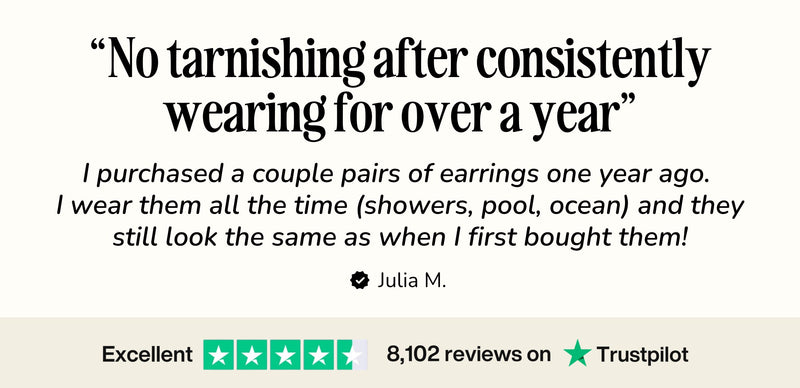





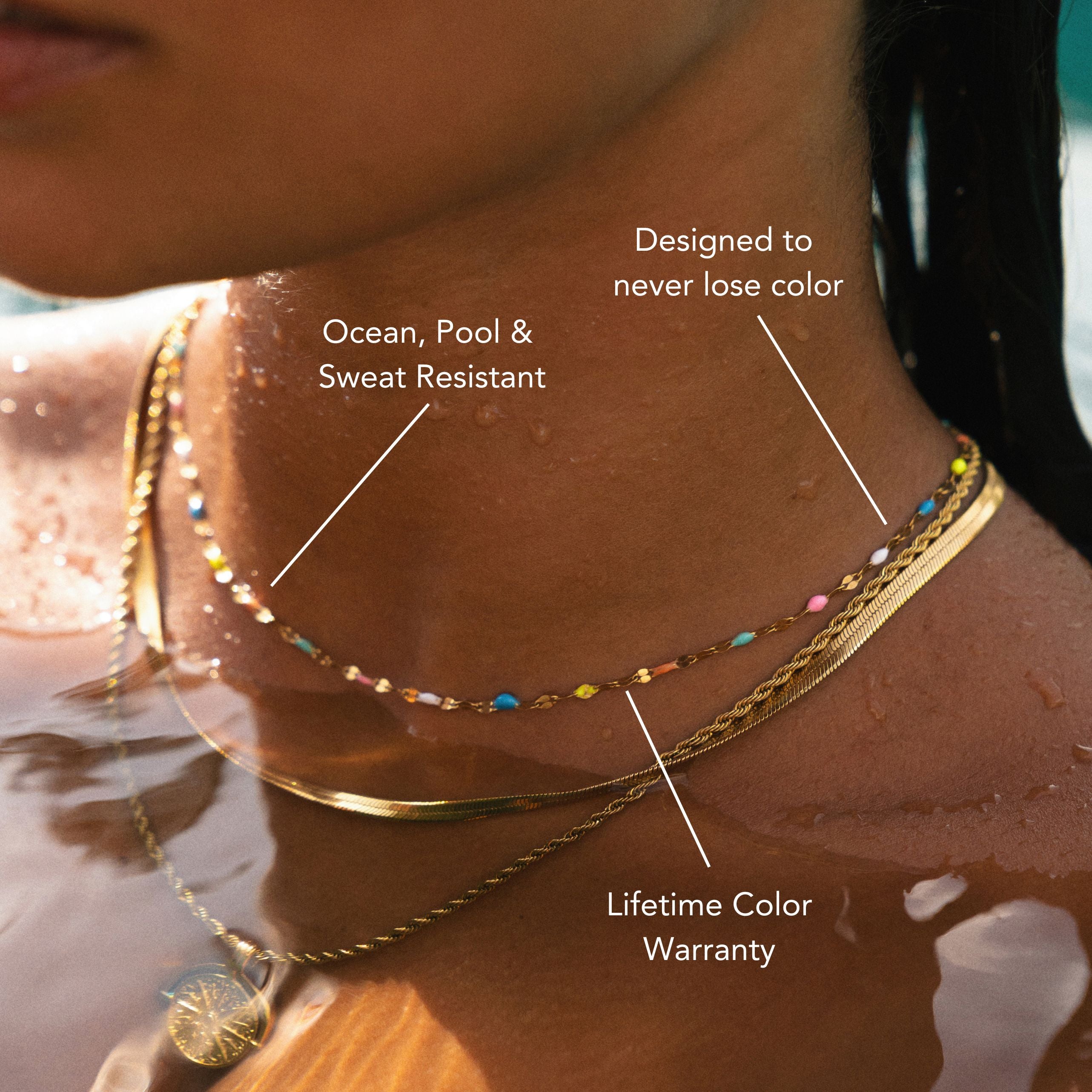

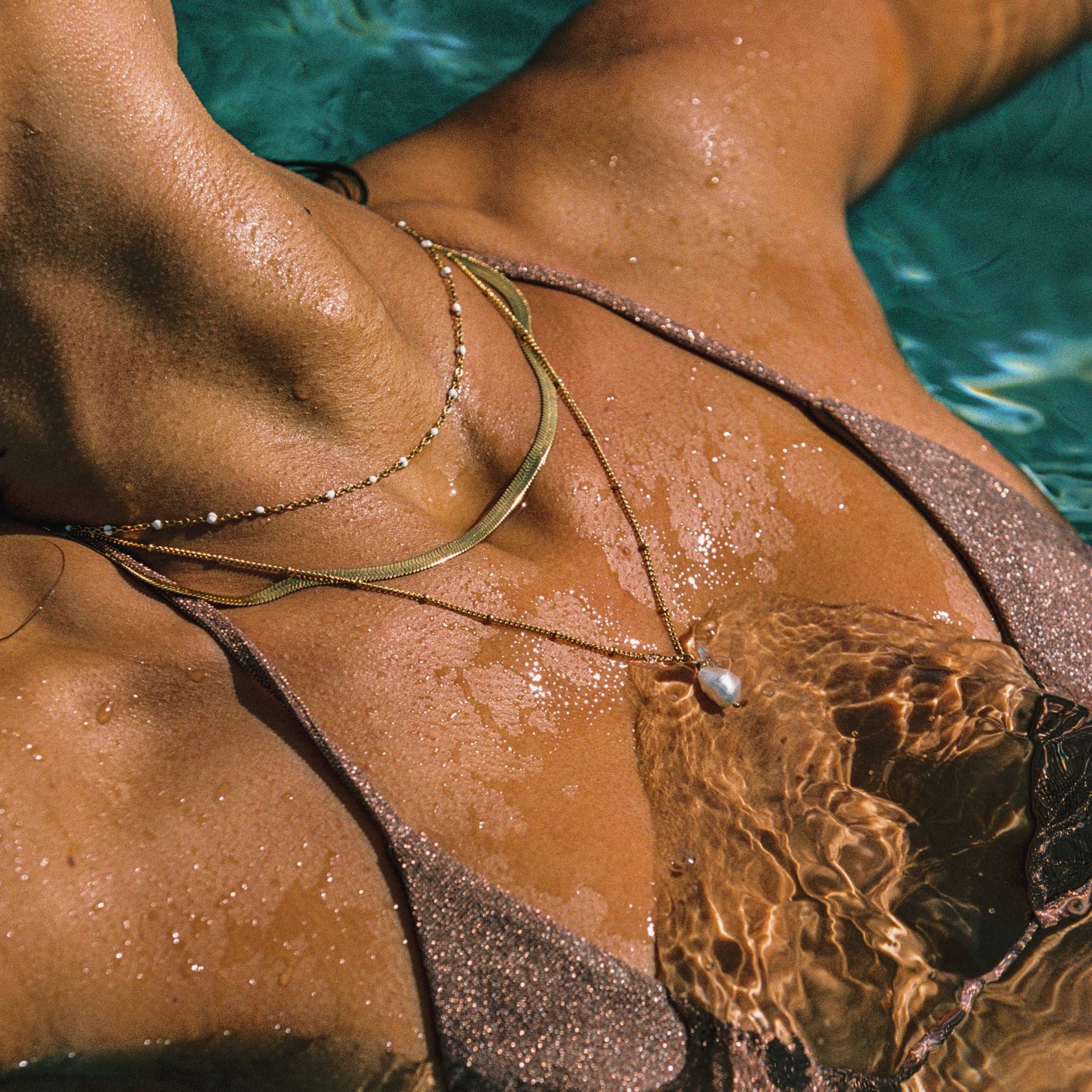
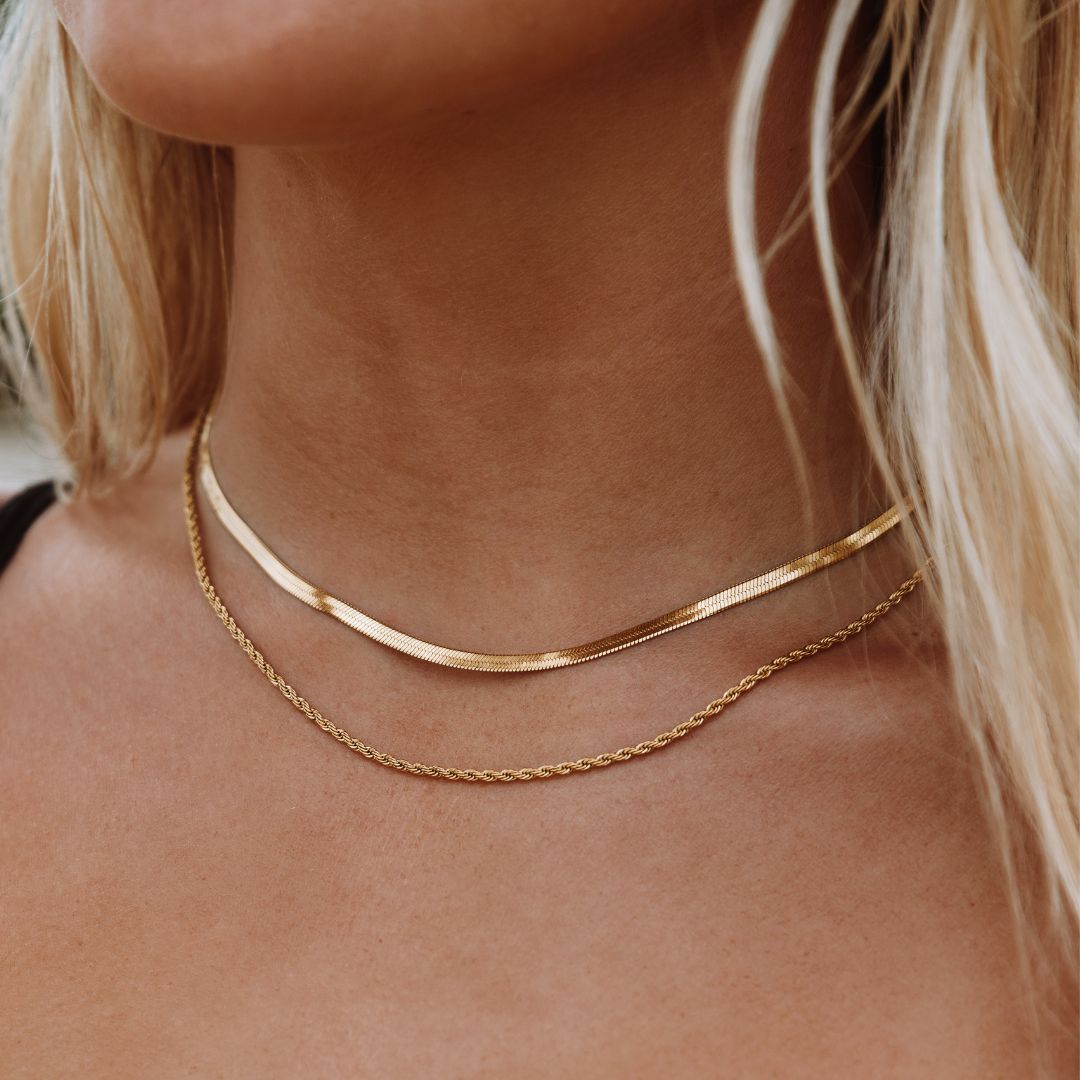



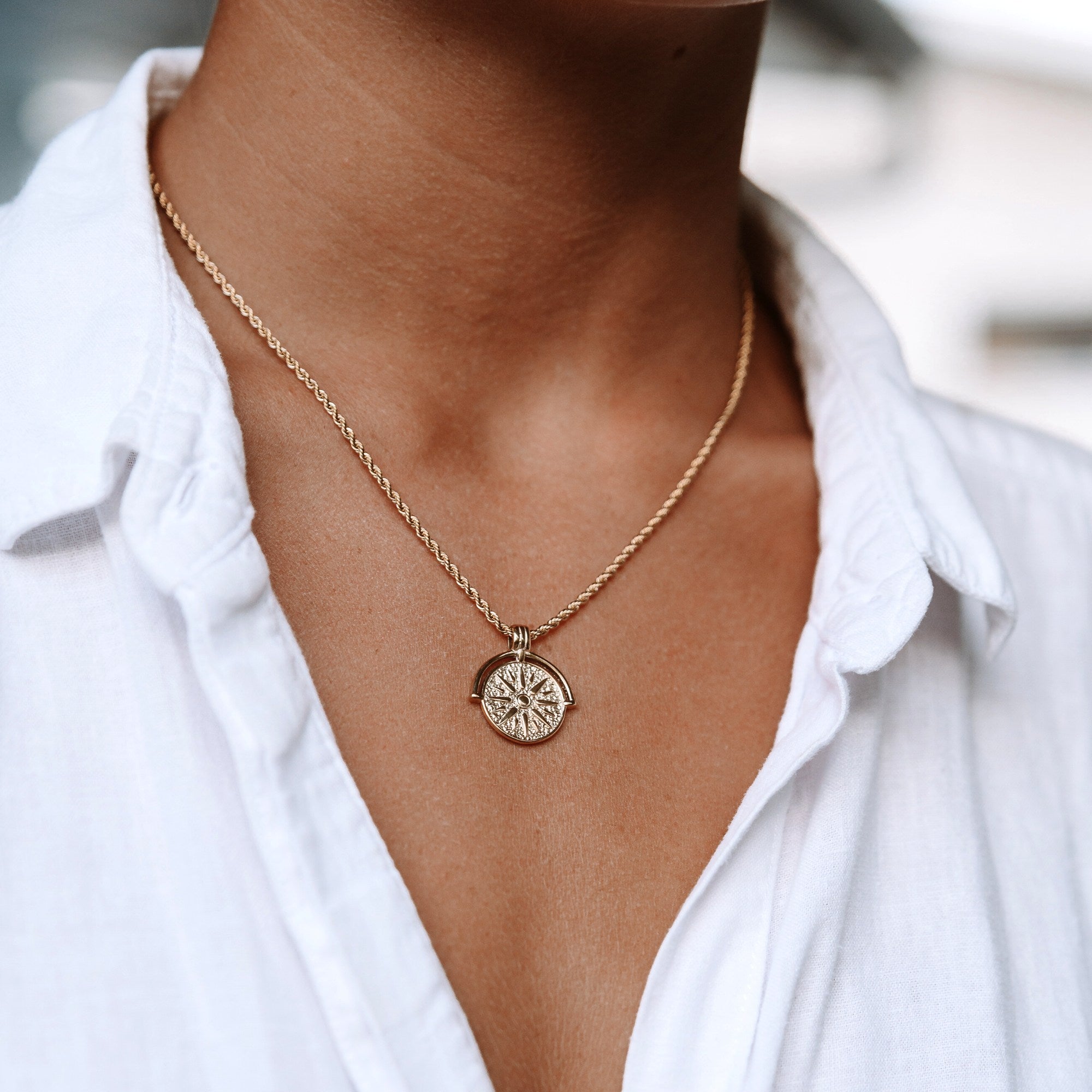

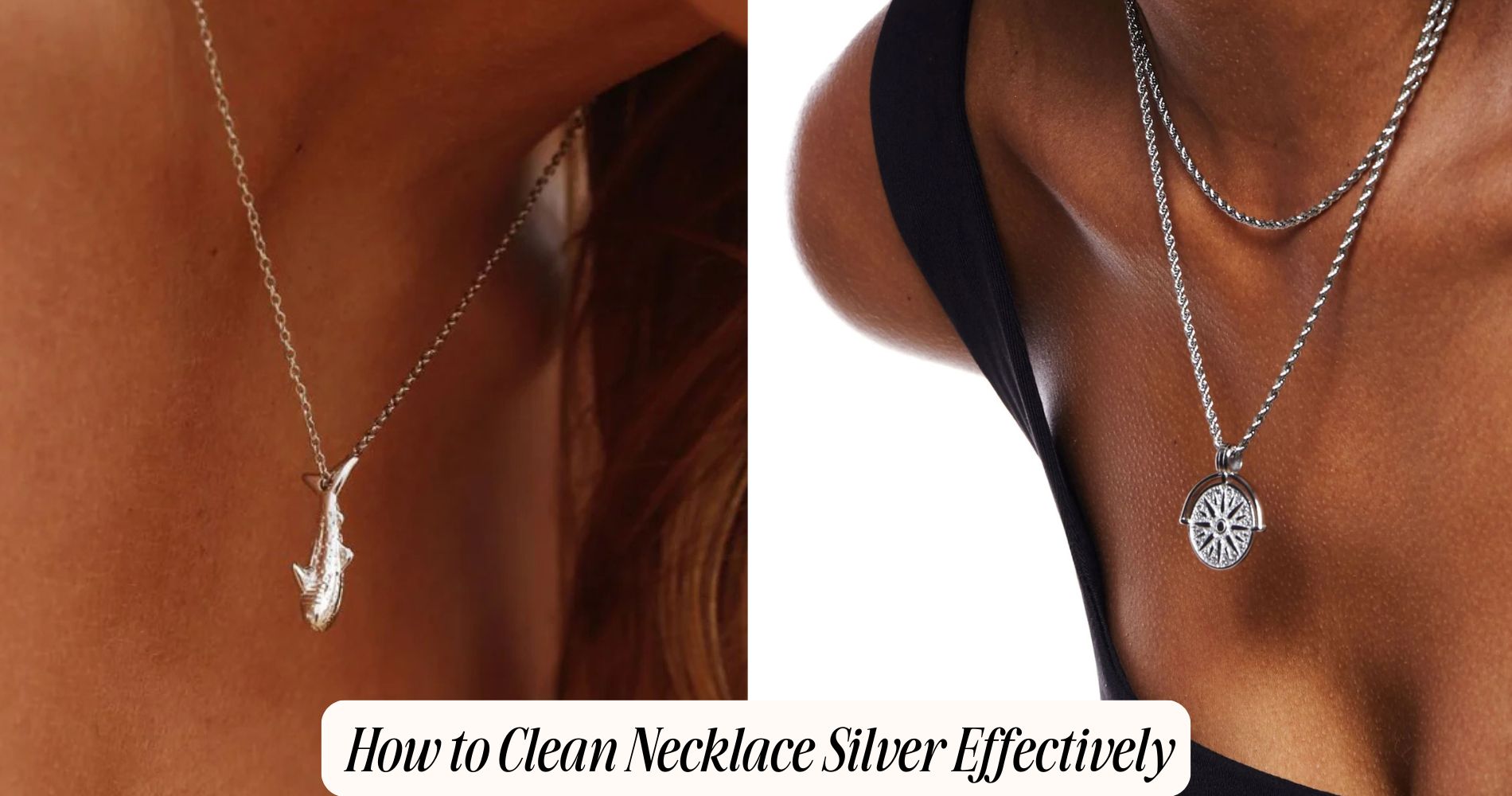
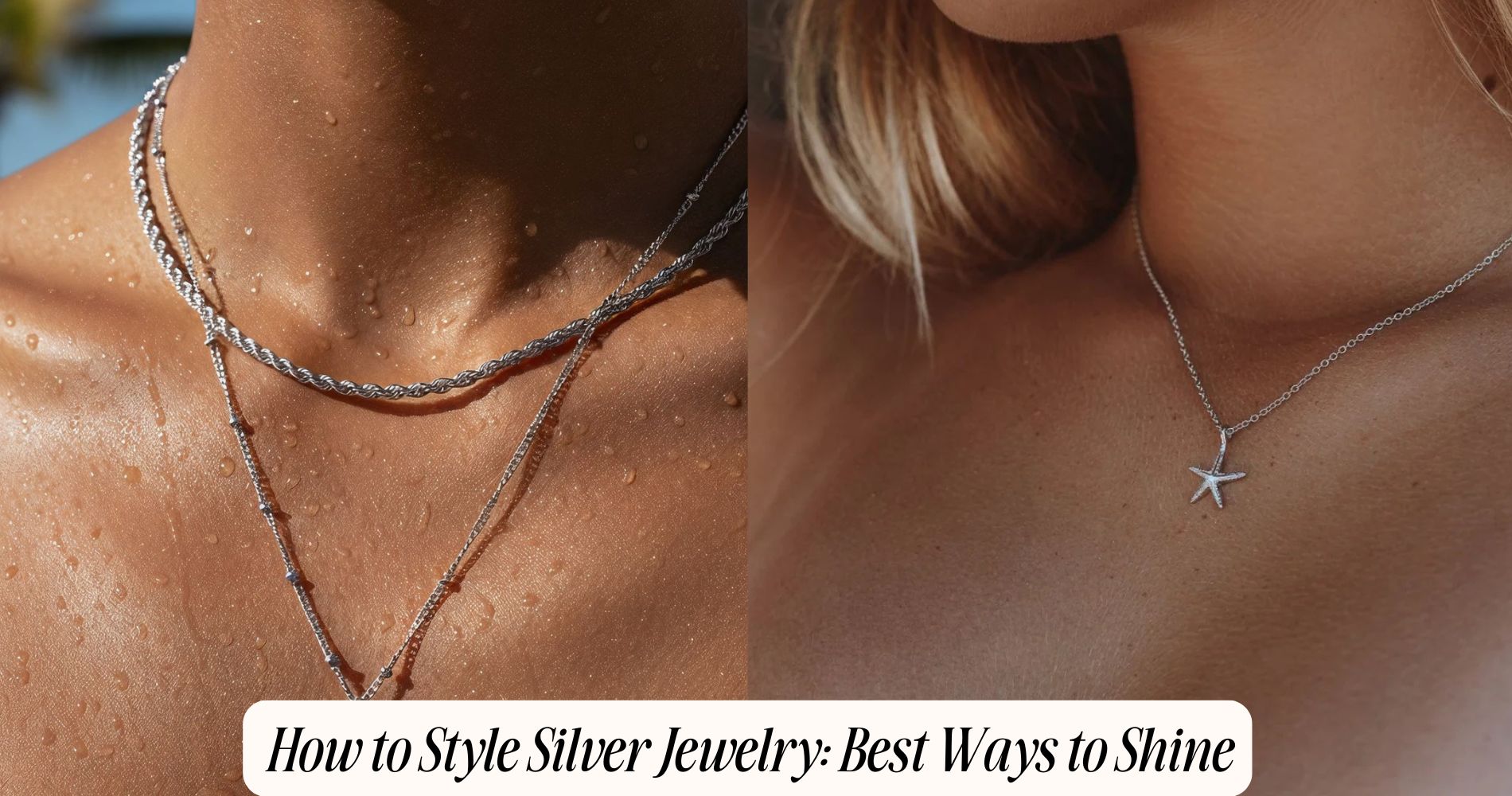




Leave a comment
This site is protected by hCaptcha and the hCaptcha Privacy Policy and Terms of Service apply.